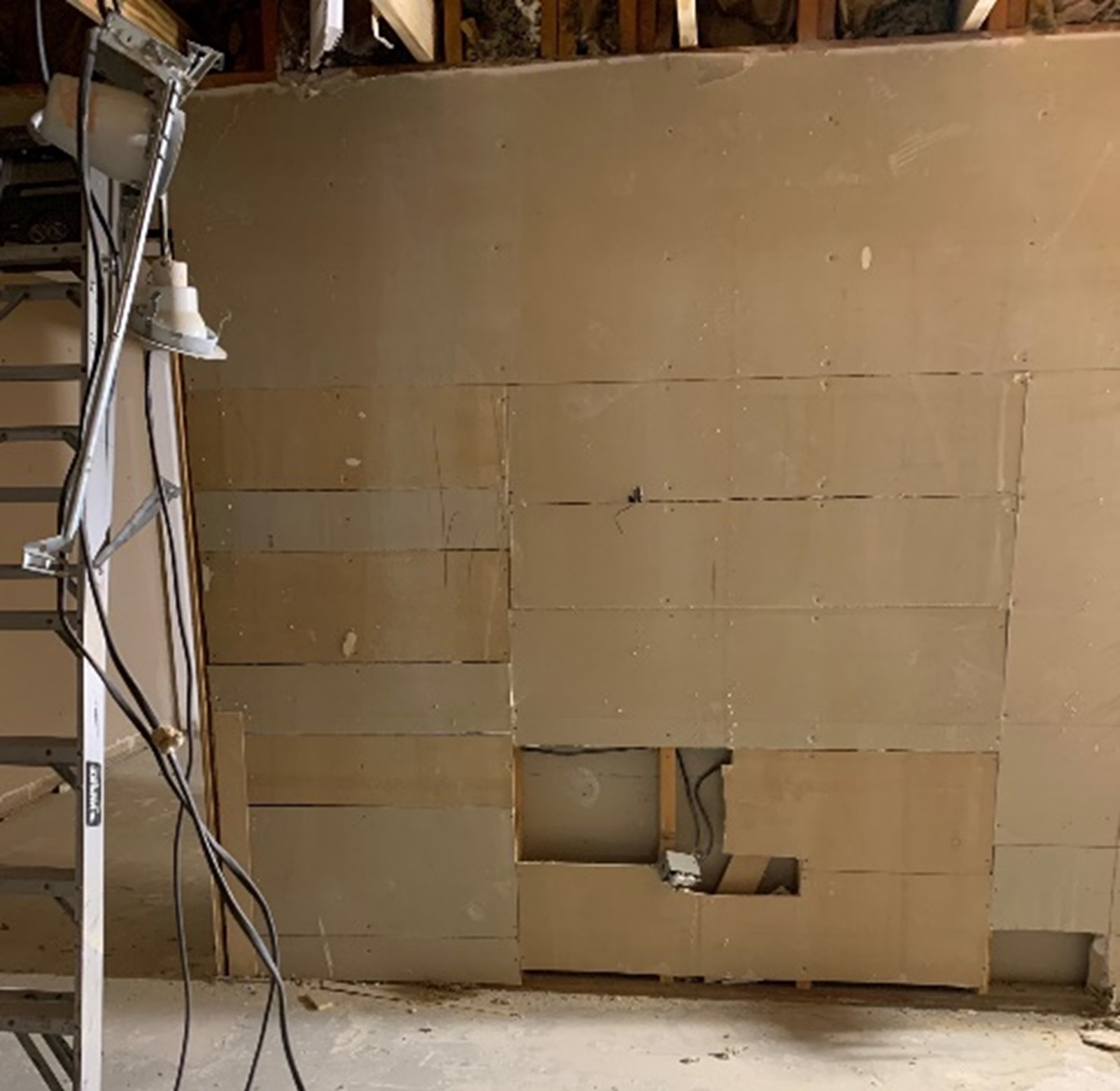By Karen Ensley, Board-Certified Construction Law Attorney
You’ve done the work. You met the specs and have even gone above and beyond to make sure the client was happy. So why haven’t you gotten paid?
If you don’t get paid on time and in full for the work you perform, then your business won’t be in business very long.
What can you do to make sure you get paid faster, easier and at a higher percentage?
Lay the Right Foundation
First and foremost, hire good people . . . then set them up for success. Make sure the sales team’s compensation is tied to collectability. Teach them how to weed out undesirable customers. Ensure they are service-oriented. Train the people who interact with customers – from those who answer your phones to warranty techs – how to make each customer interaction positive and how to properly handle unhappy customers. Create and promote a culture of service!
Choose Your Customers Wisely
Here are a few questions to ask yourself. Depend on the answers to guide you.
⦁ Are they argumentative or have unrealistic expectations?
⦁ Are their cars dirty? Do they have an unkempt lawn? Are their bills piled up on the kitchen table? Are there other signs of inability or unwillingness to manage their personal affairs?
⦁ Have they fired two or three other contractors?
⦁ Are they going to require more handholding than usual?
⦁ Do they start asking for free work or tell you what others have promised them?
Set the Customers’ Expectations from the Outset
In your effort to under-promise and over-deliver, make sure you communicate delays and issues as they arise. Have them sign off on their manufacturer and color choices.
Do Good Work – and Make Sure Your Customer Knows about it
Show the customer the work you’ve done. Make sure it complies with all manufacturing and industry standards. Explain the value of the work you’ve done. Ask them if they have questions about the work. Have them sign off that the work is complete and acceptable.
When Confronted with Change Conditions
Document, document, document! If it wasn’t documented, it never happened . . .and you won’t get paid for it.
As you know, the customer is not necessarily always right. If they’re wrong but want “it” anyway, get a signed change order. If you uncover a surprise condition during construction, notify your customer right away, wait if you can until you have express authorization to make the repairs, and TAKE LOTS OF PICTURES.
There is no substitute for the confirming text or email.
Remember, if it wasn’t documented . . .
Make Sure You are Using an Enforceable Contract
The three elements of a contract are
⦁ Offer – Your proposal/contract is the offer.
⦁ Acceptance – The property owner can accept by signing the agreement or authorizing you to proceed with the work.
⦁ Consideration – A more difficult concept, which generally means that the party seeking to have the contract enforced has “taken some step(s)” in performing their duties under the agreement.
The more specific the contract terms are, the more enforceable it is. A contingent contract can be enforced since the scope and price can generally be determined; however, a clearly defined scope with a specific dollar figure is more easily enforced than a contingent contract.
Be sure to include these specific terms:
⦁ Warranties void if contract not paid in full.
⦁ Give yourself the right to stop work for non-payment.
⦁ Have the customer authorize you to file a lien for non-payment.
⦁ Arbitrate all claims with homeowners. It’s not a fair fight in the courtroom between an owner and a contractor.
Include additional specific terms such as specific inclusions and exclusions, a waiver of consequential damages, and legal fees if not paid in full. Spell out what voids your warranty.
The Change Order Dilemma
What should you do when there’s a change order? Make sure you have the right to perform work with a verbal agreement by the owner. And always charge the reasonable cost of the work.
If your subcontractor wants to make changes, always require a written authorization before they proceed with the extra work. Include in the agreement how the extra work is to be priced and when it is to be paid.
Materials Draws
If you’re buying specialty materials that are not easily returned, request an upfront payment to cover material cost. Ideally you should obtain a first payment no later than the date you drop materials. Of course, most owners of a large commercial job are unlikely to want to pay upfront money.
What to Do When You Aren’t Being Paid
Be proactive to let the owner know you expect to be paid on time. Issue a bill, including all changes to the scope. State your expectations by phone and in writing.
If you still aren’t being paid, if at all possible, STOP ALL WORK and put everyone you can think of on notice of the unpaid bill, including the owner, general contractor, property manager, mortgage company and tenant.
Send all necessary statutory notices such as whether you are working for a GC or directly for the owner. No notices are required if you are the original/general contractor but send one anyway. Subs and vendors must provide notice no later than the 15th day of the 3rd month following each and every month of unpaid work. If you are still not paid on private work, file your lien by the 15th day of the 4th month following your last day of work.
AFTER ALL THIS . . . and you are STILL NOT PAID?
No easy answers here.
⦁ File a lien.
⦁ Attorney demand letters can help.
⦁ Get the debtor to sign a promissory note.
⦁ Offer a discount in exchange for immediate payment.
⦁ File a lawsuit.
⦁ Use a collection agent.
by Karen Ensley
Ensley Benitez Law, PC
469-983-6500 / 817-538-6894
© Karen Ensley and Brian Benitez, Ensley Benitez Law, PC, 2021. All rights reserved. This article is provided for educational reasons exclusively and is not meant to be construed as legal advice. Ensley Benitez Law, PC, will represent you only after being retained and that agreement is made in writing.


.png)





